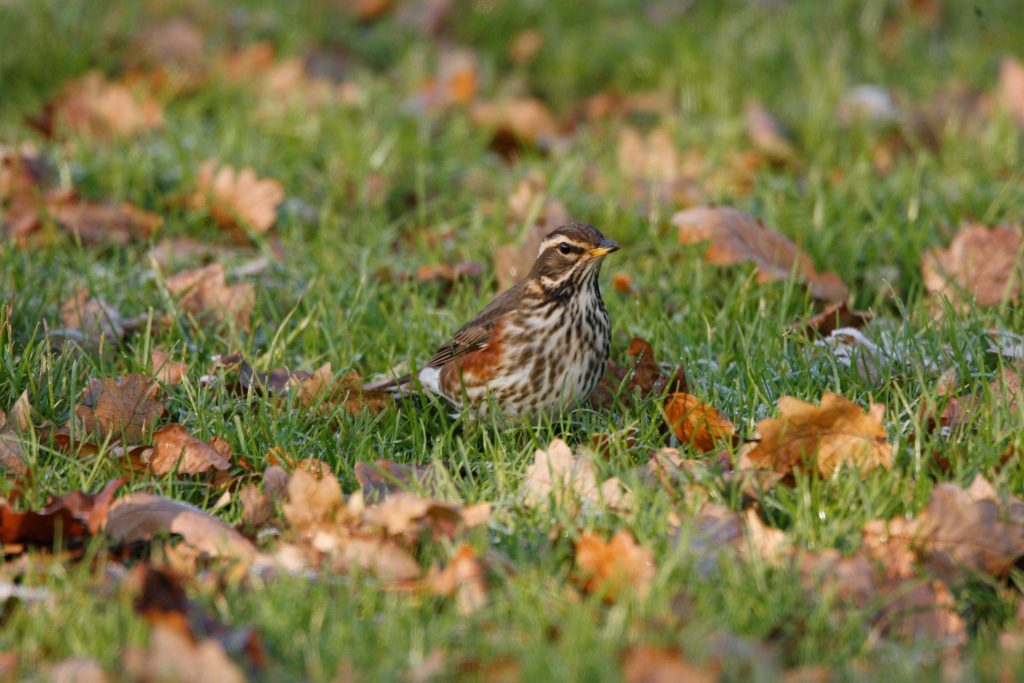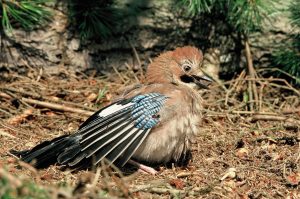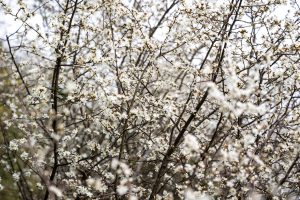The value of fallen leaves to garden birds and other wildlife
Another reason is that strong winds more easily pass through branches when there are no leaves on them, so this makes a tree less susceptible to damage or even being blown over in winter storms. And the meaning of ‘deciduous tree’ is simply one which drops its leaves ahead of winter.
But oh, all those leaves on the ground and what to do with them! Our gardens are personal places and provide pleasure in different ways, but in all cases fallen leaves have great value. For some people this value is converting the leaves into a type of compost called leaf mould, which is achieved by letting them rot down in a contained space. But alongside that option, the best use for fallen leaves is as an integral part of a wildlife garden, as Lucy explains:
“The first thing to say, is that at Vine House Farm we absolutely love fallen leaves! And we love them because they’re such an important and free ingredient in helping to create and maintain habitat which benefits garden birds and wildlife more generally. As a first example, as leaves decompose below hedges, shrubs and trees, they enrich the soil which in turn provides nutrients which the roots take in. This then improves the health and growth rate of the tree, hedging or shrub, and therefore benefits birds because of better nesting and roosting habitat, plus more fruit and berries for food come the autumn.
The second and related example, is that invertebrates such as worms are doing some of the work to break down the leaves, as they consume them as they decompose. The worms and also species of insect and mollusc (slugs and snails) that shelter in the leaves and below them, then become food for songbirds such as Robin, Blackbird and Song thrush. It’s also the case that these birds are often able to access this invertebrate food in very cold and icy weather, because the leaves act as a protective layer and, if the layer is thick enough, will stop the ground below from freezing. This is why you can often see birds, and in particular Blackbirds, frantically digging through leaves and scattering them in all directions when the weather is really cold.
Deep piles of leaves can also be created in the corner of gardens where they won’t blow about, with this providing habitat for hedgehogs to hibernate in, plus frogs and toads as well.
Whatever you decide to use the fallen leaves in your garden for and if this involves collecting and moving them, then the sooner you do so the better. This is because wet leaves will typically start to decompose fairly quickly, so disturbing them well after the process has started will also mean disturbing and perhaps inadvertently killing the invertebrates that the birds need for food.”
So the overall message is to view fallen leaves as a real asset for your garden, and make the most of them for the benefit of healthy plants and helping birds and other wildlife.



